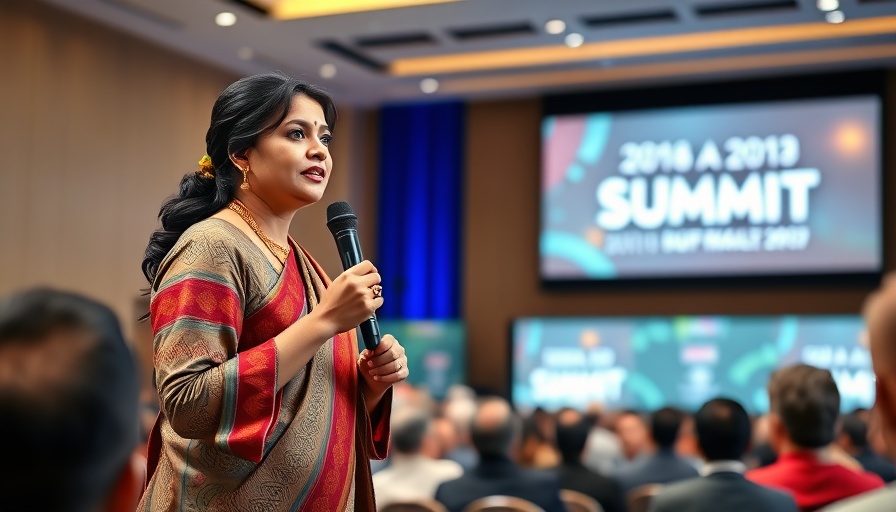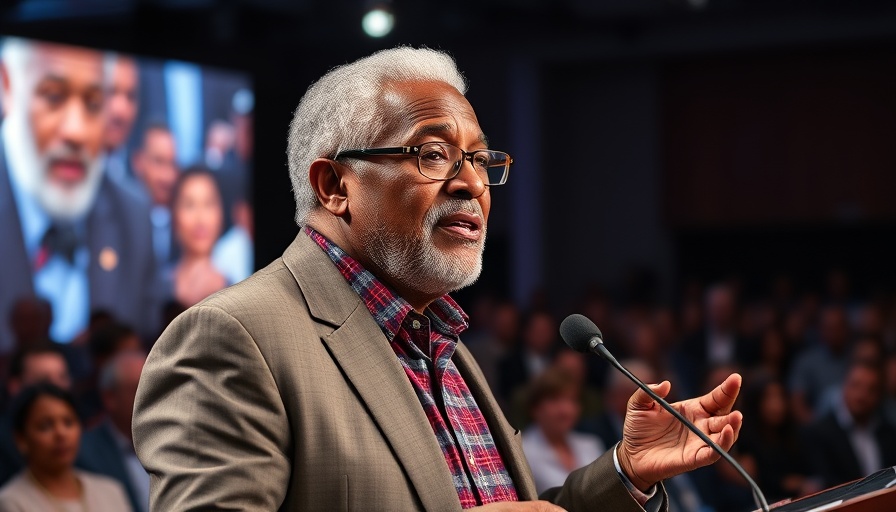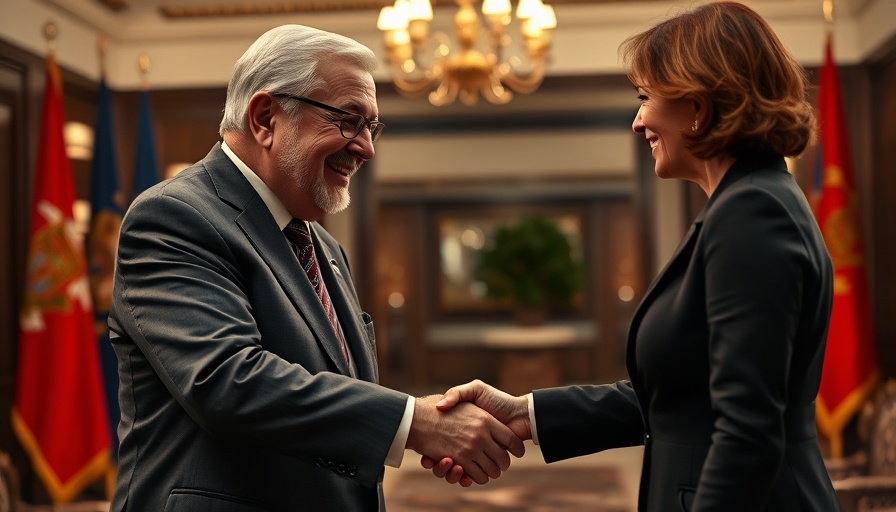
A Call for Unity: Southern Africa's Response to External Threats
In a powerful address, President Netumbo Nandi-Ndaitwah of the Swapo Party emphasized the urgent need for a united front against external threats that challenge the sovereignty of Southern African nations. As the region navigates through complex socio-economic challenges, her call for strategic unity among former liberation movements grows increasingly relevant. With economic warfare in the form of sanctions and foreign-funded NGOs stirring unrest, Nandi-Ndaitwah's message resonates: only together can these countries guard their independence and make meaningful progress.
Understanding External Pressures
Foreign influence can manifest in various forms, including economic sanctions, political pressure, and support for opposition groups. Nandi-Ndaitwah's remarks point to a broader phenomenon where countries experience intervention in their internal affairs, often fueled by external interests. This dynamic can have severe consequences, including destabilizing governments and exacerbating socio-economic inequalities, turning peaceful civil society movements into tools for regime change.
Shared Strategies for Sustainable Development
The summit called by the Swapo Party aims to forge cohesive strategies for several pressing issues – from migration management to equitable socio-economic development and resource protection. A coordinated approach to these challenges is essential in reinforcing the narrative of independence and resilience among Southern African states. By pooling resources and knowledge, member parties can enhance their ability to navigate the current landscape and push back against external pressures without compromising their values.
Human Rights and Multilateralism: Key Foundations
Nandi-Ndaitwah underscored the importance of adhering to principles of human rights and peaceful conflict resolution, important tenets that must guide Southern African nations as they confront challenges. These ideals not only strengthen their standing on the international stage but also resonate deeply with global advocacy for justice and equity. By remaining committed to multilateralism, these countries can forge alliances that amplify their voices in international forums, countering narratives that portray them as seeking to evade accountability.
Proactive Measures Against Economic Warfare
The rise of economic warfare poses a serious challenge to stability in the region. Nandi-Ndaitwah's advocacy for strategic unity includes confronting foreign-funded NGOs that undermine governmental authority. These entities often work against local interests, complicating efforts to maintain social cohesion and national integrity. A united approach would enable countries to create frameworks that regulate external interference, ensuring that all actions align with the greater good of their citizens.
The Broader Context of Regional Liberation Efforts
The historical context of liberation movements across Southern Africa adds a layer of gravity to the current dialogue. Countries that emerged from colonial rule share a legacy of fighting for self-determination, making today's call to action not just an issue of political strategy but a continuation of their shared legacy. By reflecting on the struggles of the past, leaders can frame their resistance to current external threats as not only a protection of their sovereignty but also a tribute to the heroic efforts of those who fought for freedom.
The Future of Southern Africa: Predictions and Opportunities
Looking forward, cooperative alliances among Southern African nations could pave the way for sustainable development and security. However, the success of these efforts hinges on their ability to effectively counter external influences while fostering internal unity. Engaging with emerging technologies and innovations, from digital transformation to green tech, can further empower these nations economically while addressing socio-economic inequalities.
Conclusion: A Call to Action
As Southern African countries face unprecedented challenges and external threats, President Nandi-Ndaitwah's call for strategic unity is both timely and crucial. Only through collaboration and shared commitment to the principles of freedom, justice, and sustainable development can these nations ensure their sovereignty and prosperity. Together, they can rise against adversity, crafting a strong narrative that reflects their resilience in the face of external pressures. This solidarity will not only fortify their autonomous decisions but also create a unified front in tackling significant regional issues.
By following the efforts discussed and engaging in local dialogues, leaders and citizens alike can contribute to this movement for unity and resilience. The strength of Southern Africa depends not only on shared history and strategy but also on active participation from all segments of society. Now, more than ever, is the time for Southern Africans to unite and reclaim their narrative.
 Add Row
Add Row  Add
Add 




Write A Comment